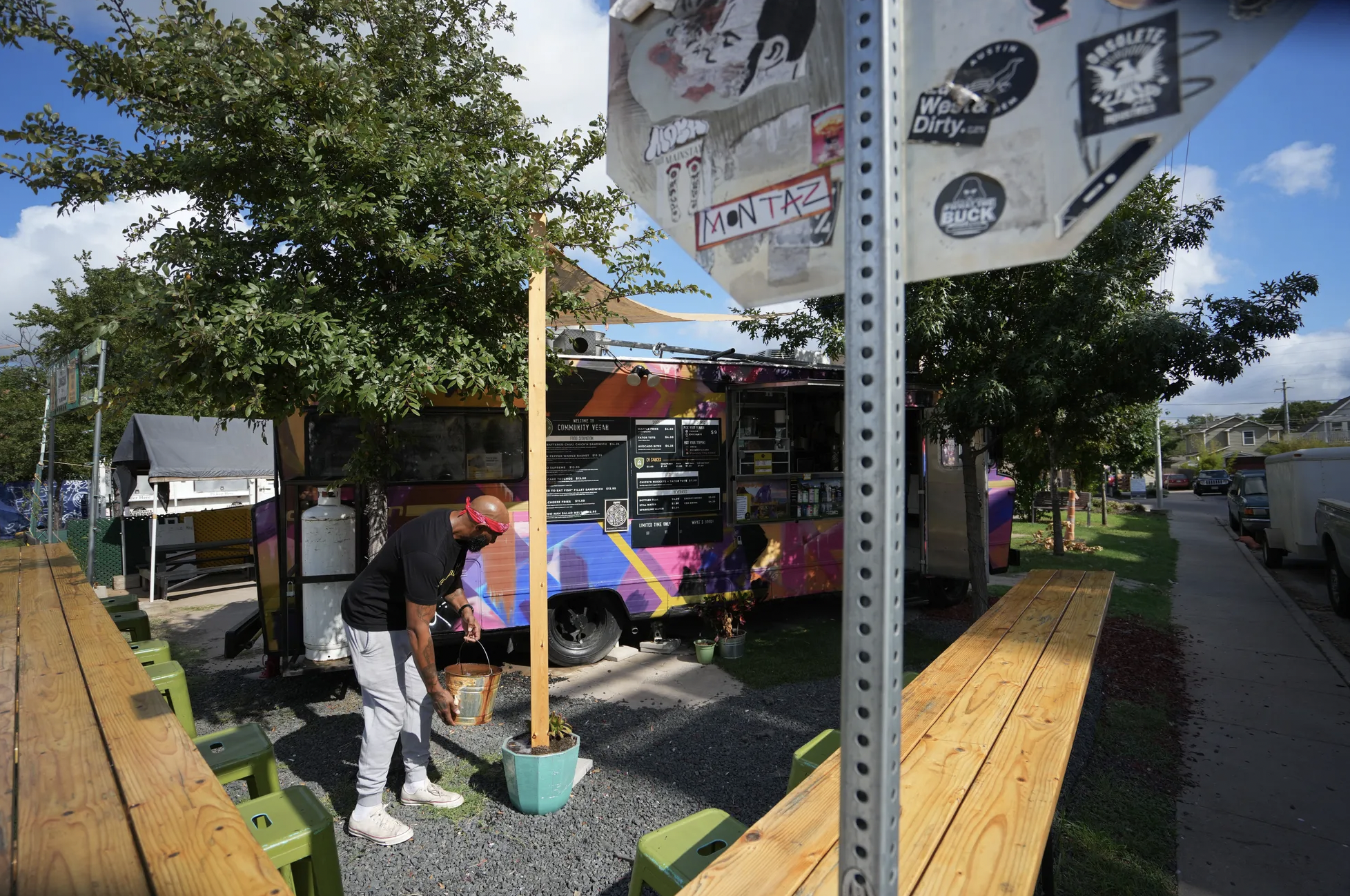Nine BYOBs to try on the Main Line
BYOBs are as essential to Philadelphia-area food culture as cheesesteaks, hoagies, water ice, and soft pretzels.
With Pennsylvania’s notoriously strict liquor laws and expensive licensing fees, many restaurants in the Philadelphia region opt to go the BYOB route — helping fuel a vibrant dining scene where diners bring their own bottles to some of the area’s top spots.
Here are some Main Line BYOBs worth uncorking something special for.
Fraschetta BYOB
This intimate Bryn Mawr BYOB serves refined Italian fare in a cozy, elegant setting. Now owned by restaurateur Phuong Nguyen, Fraschetta continues to deliver satisfying housemade pastas and rich entrées, including creamy mushroom pappardelle and slow-braised wild boar in tomato sauce, finished with cocoa powder and Pecorino Romano.
📍816 W Lancaster Ave., Bryn Mawr, Pa. 19010, 📞 610-525-1007, 🌐 fraschetta.net
Dua Restaurant
In a sea of Italian spots, Bryn Mawr’s Dua Restaurant stands out for its traditional Mediterranean fare and cozy elegance. Chef Bledar Istrefi offers savory appetizers like burek and mussels pepata, and finely crafted bites like the pistachio crusted branzino and the mouthwatering pomegranate braised short rib over Israeli couscous.
📍 1000 W Lancaster Ave., Bryn Mawr, Pa. 19010 📞 484-380-2053, 🌐 duarest.com
Burrata Havertown
A sibling to its popular South Philly location, owners Dejvi Furxhi and Albi Furxhiu brought the charm of their Italian BYOB to the suburbs. Positioned on the bustling street of Eagle Road, Havertown’s Burrata location is adorned with Italian landscape portraits and cozy decor. The welcoming environment is complemented by delicious appetizers, pastas, and entrées, with items like truffle cream gnocchi and barramundi in garlic white wine sauce.
📍 26 E Eagle Rd., Havertown, Pa. 19083 📞 610-808-9933, 🌐 burratahavertown.com
The Choice Restaurant
Looking for a romantic night out? This 50-seat BYOB serves up Euro-fusion dishes with Ukrainian, French, and Asian touches. The restaurant, owned by Iryna Hyvel and her husband Volodymyr “Vlad” Hyvel, offers entrées like branzino with crispy potato balls, mushroom ragout, and striped bass ceviche.
📍 845 Lancaster Ave, Bryn Mawr, Pa. 19010 📞 484-383-3230, 🌐 thechoice-restaurant.com
Villa Artigiano Ristorante BYOB
This family-owned Ardmore restaurant boasts a menu of multiregional Italian favorites. Patrons can start with a small charcuterie board or other small plates before digging into signature dishes like gnocchi artigiano in fresh tomato basil sauce or pollo limone topped with crabmeat and a white wine sauce.
📍53 W Lancaster Ave., Ardmore, Pa. 19003, 📞 484-414-4997, 🌐 villaartigiano.com
Bam Bam Kitchen
From fried rib-eye and pork kimchi mandoo combos, to Korean fried chicken wings, and seafood pancakes, this Ardmore BYOB is booming with rich Asian flavor. Diners can enjoy Korean drink options like banana milk and the sac sac grape and orange flavors, or enjoy their own bottle while relishing over Bam Bam Kitchen’s succulent dishes.
📍 31 E. Lancaster Ave., Ardmore, Pa. 19003, 📞 484-844-7827, 🌐order.bambamkitchen.com
Tiramisu Cucina Romana
This Chester County gem blends the BYOB model with a full cocktail bar, offering the best of both worlds. Tiramisu specializes in Roman-Jewish cuisine with refined flavors. Menu highlights include red snapper with pine nuts, raisins and balsamic vinegar, or lobster ravioli with lump crab and cognac sauce.
📍 720 Lancaster Ave., Berwyn, Pa. 19312 📞 610-906-3299, 🌐 tiramisuberwyn.com
Ryan Christopher’s
This family-friendly Narberth favorite is helmed by chef Michael Klaumenzer, who cooks and oversees a menu packed with crowd-pleasers. Crafted from locally sourced ingredients, the Narberth eatery’s dishes include an award-winning French onion soup and entrées like grilled New Zealand lamb chops, sesame-seared salmon, and a chicken and shrimp cacciatore.
📍 245 Woodbine Ave., Narberth, Pa. 19072 📞 610-664-9282, 🌐 ryanchristophersbyob.com
Veekoo
Tony and Shelly Li’s stylish BYOBs, which expanded to the Main Line after opening in Royersford in 2003, continue to deliver savory Chinese, Japanese, and Thai favorites. Offerings include sushi rolls and signature plates like the Hong Kong-style soft shell crab and General Tso’s Chilean sea bass served with steamed jasmine rice or brown rice.
📍 761 W. Lancaster Ave., Bryn Mawr, Pa. 19010, and 564 Lancaster Ave., Berwyn, Pa., 📞 610-615-5118 and 484-318-7655, 🌐 veekoorestaurants.com
– The Philadelphia Inquirer







